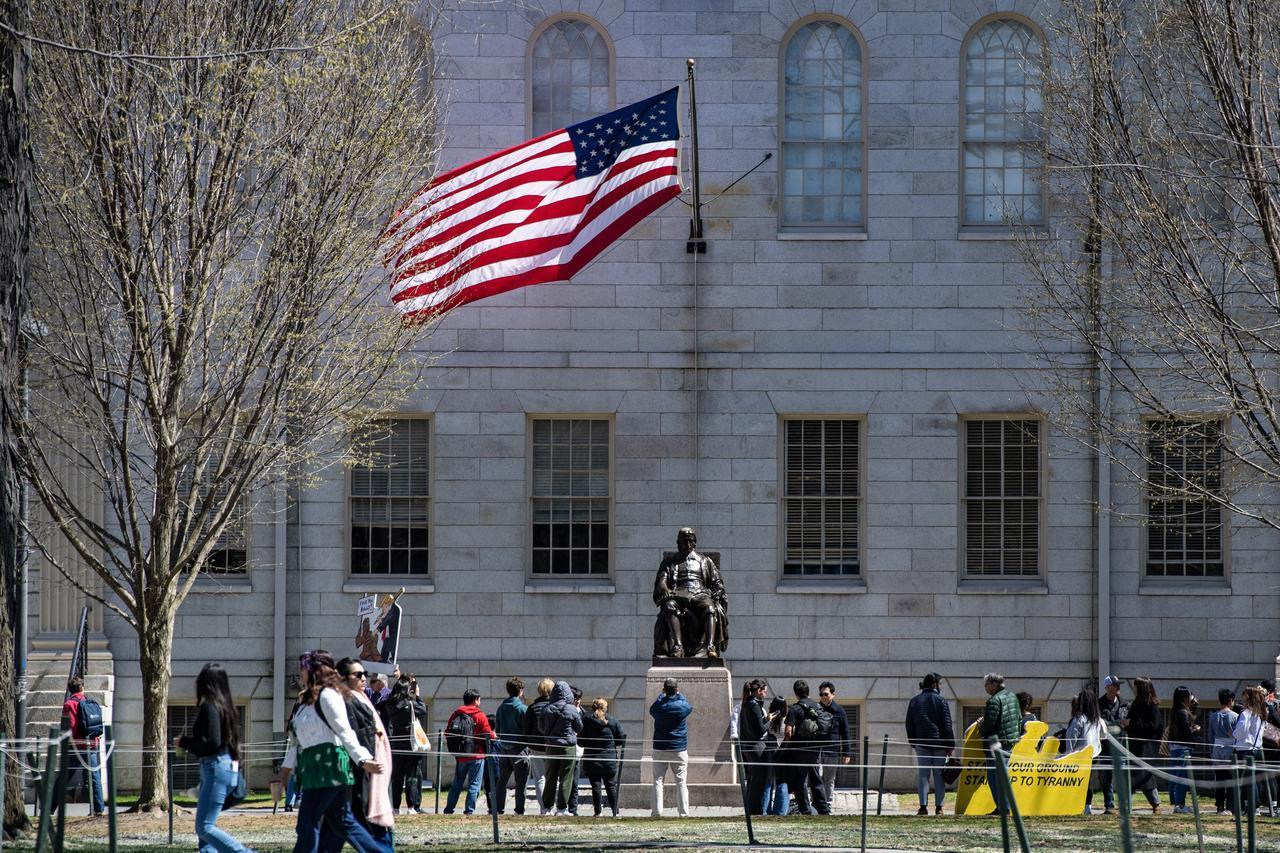
Germany announced plans Thursday to attract American-based scientists and researchers through expanded grants and support programs, capitalizing on the Trump administration's funding cuts and restrictions targeting U.S. universities.
Research Minister Dorothee Baer outlined a comprehensive recruitment strategy that extends beyond traditional academic positions to include family support services, telling the business daily Handelsblatt that Germany must "think more creatively to be able to offer researchers and their families not just a job, but a home."
The initiative would provide what Baer described as a "complete, worry-free package," including employment opportunities for spouses and daycare arrangements for children. While acknowledging Germany cannot match top American salaries, the minister emphasized the country offers "guaranteed academic freedom" as a key incentive.
Bavaria's Prime Minister Markus Soeder took the recruitment effort further, specifically targeting students affected by federal restrictions on Harvard University. "All I can really say is: Please send everything to Germany, and if possible, to Bavaria," Soeder told RTL and ntv broadcasters.
Citing Bavaria's extensive university infrastructure, Soeder offered to "create this so-called exile campus for Harvard in Bavaria immediately."
The German overture comes as the Trump administration has intensified pressure on American universities. On Wednesday, President Trump signed a proclamation restricting foreign student visas to Harvard University, preventing new international students from entering the U.S. under F, M, or J visa categories.
The proclamation stated that "admission into the United States to attend, conduct research, or teach at our nation's institutions of higher education is a privilege granted by our government, not a guarantee," adding that "Harvard University has failed in this respect, among many others."
The restrictions also direct Secretary of State Marco Rubio to "consider revoking" existing visas for current Harvard students who meet unspecified criteria outlined in the proclamation.
The visa restrictions follow broader federal actions against universities. The State Department has implemented heightened vetting procedures for anyone seeking visas to visit Harvard, while the administration has threatened to freeze funding for multiple institutions over campus protests supporting Palestine and diversity, equity and inclusion programs.
The administration has already pulled $3 billion in federal funding and threatened to revoke Harvard's tax-exempt status. Last week, Trump suggested Harvard should limit foreign student enrollment to approximately 15 percent.
The German government plans to increase funding for two major research institutions—the state-run Alexander von Humboldt Foundation and the German Research Foundation—to create additional scholarships and research programs targeting international academics.
The German recruitment campaign represents a strategic attempt to benefit from what officials see as an opportunity created by American policy shifts affecting international academic cooperation and mobility.